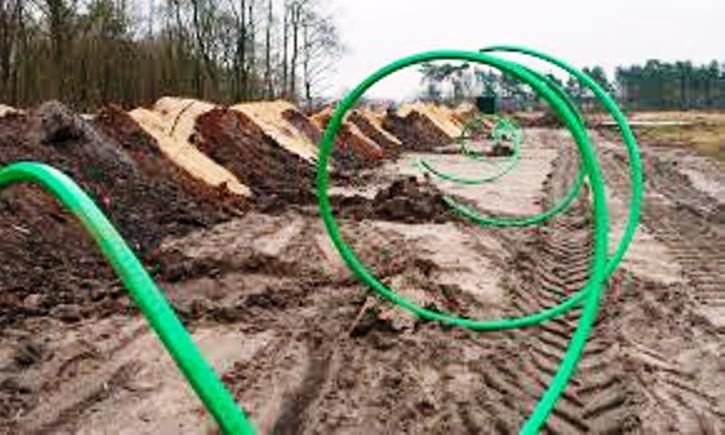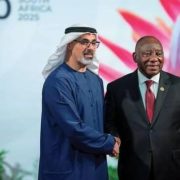Some state governments through their agencies recently hiked the cost of Right of Way (RoW) by over 1,200 percent to incite the anger of both the federal government and telecom operators who through their various umbrella associations condemned the hike.
The hike follows a pattern that is at once counterproductive and revealing of how uncreative state governments have increasingly become in improving the economic lot of their states.
The Ministry of Communications and Digital Economy minced no
words in condemning the unnecessary increase. The hike disregards the
resolutions reached by the National Economic Council (NEC) on uniform Right of
Way (RoW) charge of N145.00 per linear
meter of fibre and threatens Nigeria’s ability to fast-track the deployment of
nationwide broadband infrastructure.
The federal government is worried for good reasons that increased in the RoW charges could undermine its target to improve national broadband penetration which impacts positively on Gross Domestic Product (GDP). An ITU study on Africa indicates that a 10% broadband penetration would result in an increase of 2.5% of GDP per capita. Indiscriminate increase in RoW charges would only mean that operators have to slow down on rollout of infrastructure necessary to deepen broadband penetration.
In their desire to improve internally generated revenue, states often resort to measures that are invariably counterproductive. Telecom operators who already are obligated to meet federal levies are forced to pay similar levies to the states in what is tantamount to multiple taxations.
Attempts to make telecom infrastructures Critical National Infrastructures (CNI) have not completely succeeded in a way that would isolate them from extortions at the states.
In spite of this, governments at the states need both enlightenment and enforcement by federal agents. Enlightenment to make them appreciate the bigger goal of bringing affordable data to their citizens and how this impacts on national development; and enforcement by federal agents that protects operators from abuse of agents of state governments.
But most importantly, all stakeholders need continuous dialogue. It is important that governments at all levels ceaselessly dialogue with operators and other stakeholders for the greater good of the industry and the nation.





























